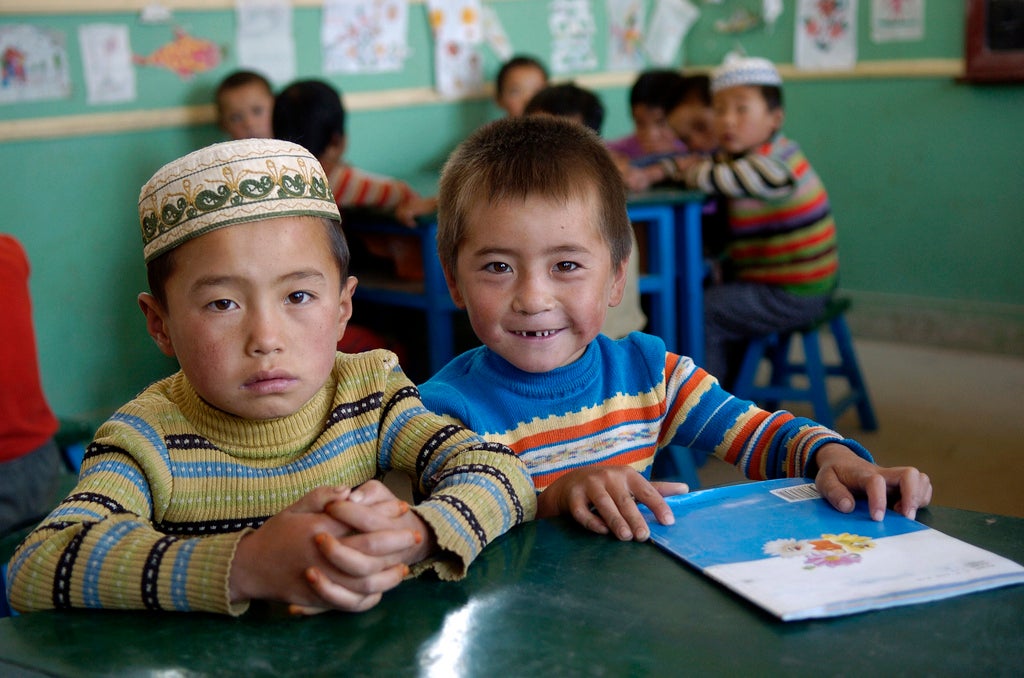 In the East Asia and Pacific (EAP) region, the World Bank’s newly-launched Education Strategy 2020 is consistent with our own strategic direction in recent years and presents us with the chance to expand and build upon vital work.
In the East Asia and Pacific (EAP) region, the World Bank’s newly-launched Education Strategy 2020 is consistent with our own strategic direction in recent years and presents us with the chance to expand and build upon vital work.
Across the region we have been responding to the needs of a growing cohort of middle-income countries looking to maximize the productivity of their people, the lifeblood for national prosperity and well-being. At the same time, we have seen important progress in first generation reforms in low-income countries, fragile contexts and small states — where we are helping build the capacity of education systems to get all children in school. Across a spectrum of EAP countries we are supporting life-long learning, including early childhood development, basic and secondary education, second-chance education, skills development and vocational training, and science, technology and innovation.
One of our strategic directives to realize these goals is to improve global debate by building a high-quality knowledge base of data and analyses – and finding new ways to share relevant information and experience. South-South exchange plays a central role in these efforts to better leverage knowledge. Together with partners and the World Bank Institute, we have delivered about a dozen events in the last three years, bringing together experts, officials and policy makers from other regions to discuss lessons learned (both positive and negative) and how to use these to design effective education programs and strategies. Our themes so far have covered issues of education finance, quality of education, post-basic education, assessment systems, and accountability and governance in higher education, among others.
A successful illustration of the power of South-South exchange took place a year ago in Cebu, Philippines, where about 12 countries from EAP gathered for a regional workshop on Education in Rural Areas and to learn from public and private sector experiences in Bangladesh, Brazil, China, Colombia, India, Mexico and Philippines. The event was financed by the Fast Track Initiative (FTI)’s Education Program Development Fund.
As a result of this exchange, Vietnam showed particular interest in a multi-grade teaching modality from Colombia, which has programs to deal with incomplete schools. The World Bank facilitated a study tour to Colombia for Vietnamese experts to learn in more depth from direct conversations with different stakeholders in the field. After some intense exchange and the opportunity to ‘translate’ the program to the local conditions in Vietnam, the government has been experimenting with the modality and is designing a proposal, endorsed by the Local Education Group, to be submitted for future financing.
Informing local education reform with global knowledge of effective policies through South-South exchanges such as this is a cornerstone in our efforts to achieve learning for all in East Asia and the Pacific. Learning and reflection is an important compass in our region of where we can and must go.
Photo credit: Liang Qiang/ World Bank


Join the Conversation